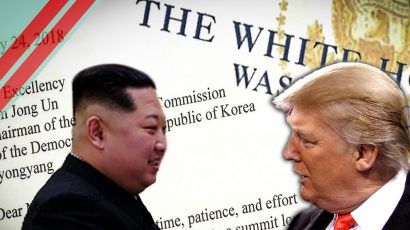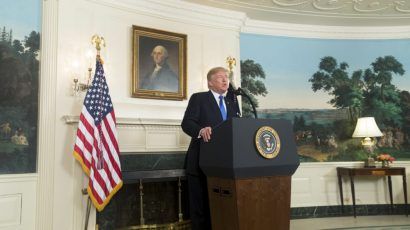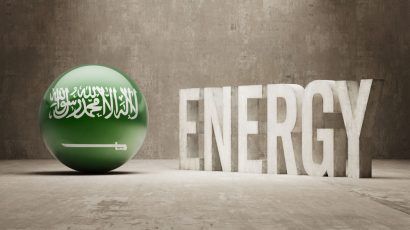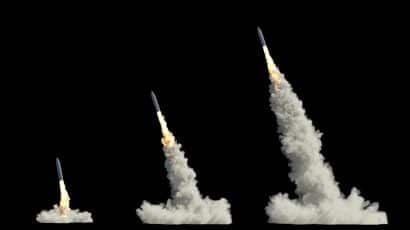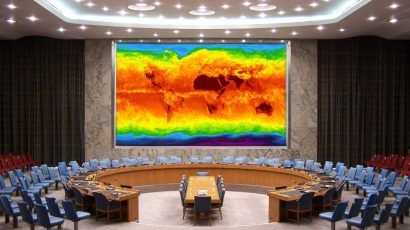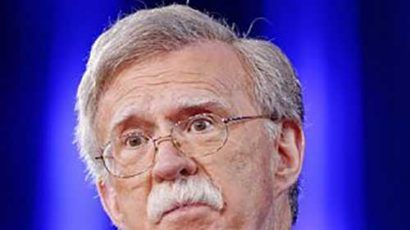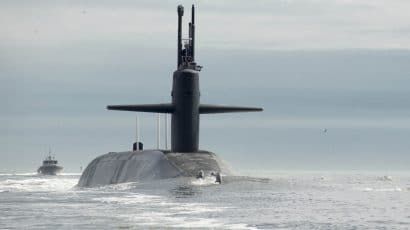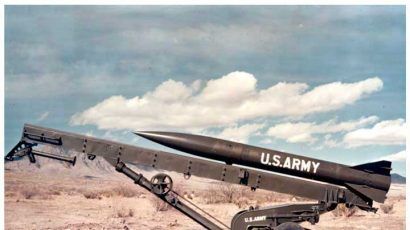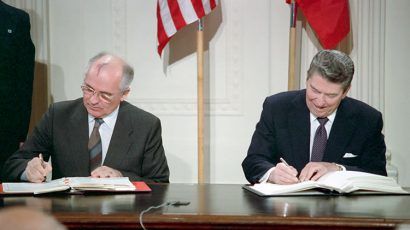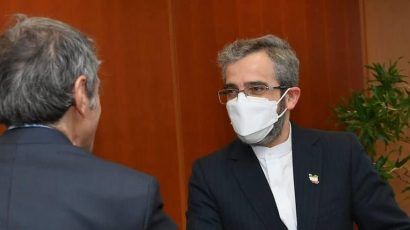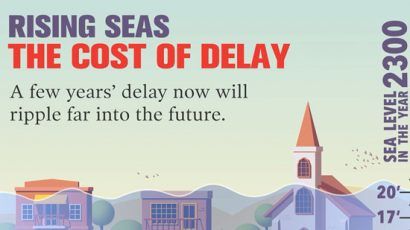Search results for trump
Say goodbye to the Iran deal and hello to a “polynuclear” Middle East
If Trump pulls out of the Iran nuclear deal, that could lead to a Middle East with more than just one or two nuclear-armed states.
No to a permissive US-Saudi nuclear deal
The Trump administration is reportedly negotiating a “flexible” nuclear deal with Saudi Arabia. In the Middle East, “flexibility” on uranium enrichment and plutonium reprocessing is not a good idea.
Mini-nukes: The attempted resurrection of a terrible idea
The Trump administration is considering plans to produce modern mini-nukes, a move that, as Politico reports, “would give military commanders more options but could also make the use of atomic arms more likely.”
Urgent necessity: Direct dialogue between Washington and Pyongyang
The Trump administration lacks any apparent strategic approach to North Korea. The correct approach involves talking directly with Pyongyang.
Approving the climate security agenda
While Donald Trump made headlines overseas this week, the UN Security Council quietly talked climate change for the third time in its history.
John Bolton’s track record
President Donald Trump's recent appointment of John Bolton as his next National Security Adviser caused a collective outcry among many in the nuclear nonproliferation community.
The guns of October
The Donald Trump-Kaiser Wilhelm parallels are getting scary. Are they a lesson from the past, or a sign of things to come?
Biodefense and the next presidency
President-elect Trump has the opportunity to make his country safer against biological threats—if he focuses on these five things.
Biden should rethink US policy on low-yield nuclear weapons
In 2019, the Trump administration deployed a low-yield nuclear weapon aboard US submarines. President-elect Joe Biden should interrogate whether this was sound policy. The process of assessing the usefulness of the low-yield warhead could present an opportunity for Biden to rebalance the US portfolio of non-strategic nuclear weapons and, in turn, alter nuclear competition with Russia and China.
Did the SARS-CoV-2 virus arise from a bat coronavirus research program in a Chinese laboratory? Very possibly.
Long before President Trump, Secretary of State Pompeo, and their echo chambers sought a Chinese scapegoat for the president’s gross and willful incompetence, researchers understood that the possibility the COVID-19 pathogen escaped from a Chinese research laboratory was plausible, if unproven. The possibility a lab escape is behind the coronavirus pandemic is most definitely not “a conspiracy theory.”
Smarter US modernization, without new nuclear weapons
Of all the Trump administration’s nuclear modernization plans, the most destabilizing are probably the new, low-yield nuclear options and dual-capable systems that may be ambiguously nuclear or conventional.
Why it could (but shouldn’t) be the end of the arms control era
Even before President Trump announced that he was pulling the United States from the INF agreement, the era of significant nuclear arms control agreements between the United States and Russia was in danger of ending. Such a development must be forestalled at all costs, because arms control efforts have over the last 50 years shown themselves to be remarkably effective.
EPA buries inconvenient climate information
Climate information contradicting Trump administration polices is being purged from the EPA website.
Iran and the US elections: Observations from a trip to Iran
The election of Trump only reinforces the hardline rhetoric and stance of Supreme Leader Ayatollah Ali Khamenei and the Iran Revolutionary Guard Corps, who were critical of the nuclear agreement, and therefore threatens the nuclear agreement and associated political efforts advocated by President Hasan Rouhani and Foreign Minister Javad Zarif.
Iran’s nuclear potential can be cut, but not eliminated
The decision by President Trump to violate the Iran nuclear deal and free Iran to advance its nuclear program has been a complete policy, technical, and security failure. A return to something like the agreement is possible. But even one can be reached, a new agreement will likely to have a breakout period that is much shorter than the one-year time frame specified in the original nuclear deal.
‘We must do more’: A look at Kamala Harris’ climate record
Whichever Democrat runs against Trump has a weighty mandate: protect America’s already-tenuous climate and environmental legacy from Republican attacks.
Summit datebook: From Hanoi, with curiosity
A preview of the Trump-Kim summit from Hanoi, Vietnam.
A mix of impatience and uncreativity
The witches’ brew of Trumpian volatility—an impetus to “do something,” particularly before an election, to prove he is tough with the Russians—combined with senior officials who actively oppose international law is potent indeed.
Resilience and the climate threat, guest-edited by Alice C. Hill
In early February, the Trump administration unveiled a $1.5-trillion infrastructure plan that has received criticism on several fronts. Chief among the complaints is a lack of planning for civil and infrastructure disruptions resulting from extreme weather and a changing climate. But the Trump administration isn’t unique in this regard: studies indicate that governments around the world underinvest in infrastructure resilience by at least 70 percent. But what do we mean when we say “resilience?” And who benefits from efforts that do exist?
